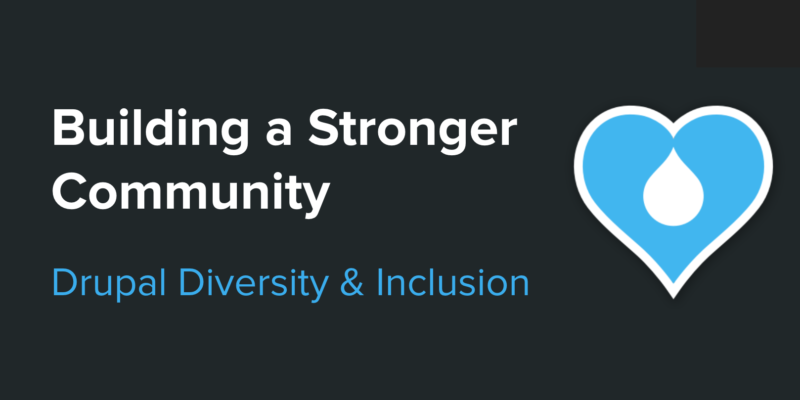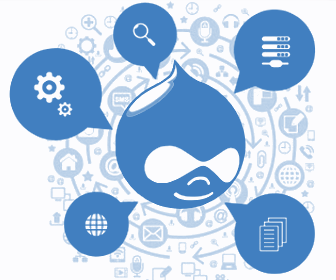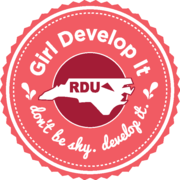Cross-posted at http://www.hastac.org/blogs/ruby-sinreich/new-media-and-movement
 Last week I had the immense pleasure of attending and participating in “The Unfinished Work”: Advancing New Strategies in the Struggle for Civil Rights a conference honoring civil rights pioneer Julius Chambers. The event was attended by several generations of leaders including many former staffers from the NAACPs Legal Defense Fund (one of the main litigators of civil rights cases). I was personally in awe of the intellectual and cultural prowess of Harvard Law Professor Lani Guinier and Bennett College President Julianne Malveaux, who laid out with precision and wit the problems inherent in the mere idea of a “post-racial” society, not to mention the fact that we most certainly are not living in one.
Last week I had the immense pleasure of attending and participating in “The Unfinished Work”: Advancing New Strategies in the Struggle for Civil Rights a conference honoring civil rights pioneer Julius Chambers. The event was attended by several generations of leaders including many former staffers from the NAACPs Legal Defense Fund (one of the main litigators of civil rights cases). I was personally in awe of the intellectual and cultural prowess of Harvard Law Professor Lani Guinier and Bennett College President Julianne Malveaux, who laid out with precision and wit the problems inherent in the mere idea of a “post-racial” society, not to mention the fact that we most certainly are not living in one.
The Guinier-led plenary also featured Wade Henderson who is the President of the The Leadership Conference on Civil and Human Rights. He spoke of the decline of the old ways that people used to get information, and the rise of personal networking tools such as Twitter and Facebook. His point that the civil rights movement needs to evolve along with this shifting media ecosystem or risk extinction was a perfect lead in for the panel I was invited to moderate on “New Media and Messaging Social Justice for Social Justice Advocates.”
This distinguished panel brought together insights from a wide range of organizations and issues into a cohesive message which was summarized by panelist Keith Kamisugi: online shouldn’t be your only strategy, but without online you have no strategy. If possible, I will add a recording of the panel when it becomes available. I’ll attempt to summarize our three key topics here:
Lynda Turet of the Center for Social Inclusion began by sharing the CSI’s work researching how people respond to discussion of issues with and without racial symbols. They found that people actually responded better to an ad about health care reform when it specifically addressed the racial undertones that come along with the issue (for many white people) than a similar ad that ignored race. This prompted me to mention Berkeley Professor George Lakoff‘s 2004 book Don’t Think of an Elephant (a very accessible effort to bring cognitive linguistics to political activists). His main point is that all people have both liberal and conservative frames that we use to understand the world, and that successful activists should work to activate their own frame rather than attempting to negate (while actually reinforcing) their opponent’s view.
Next Jed Miller of Revenue Watch Institute drew on his experiences, including serving as the Internet Director for the ACLU and as an early online community builder for the New York Times, to lay out three major principles for any organization hoping to be successful in the digital age. 1. Timing is critical to having a relevant message that anyone wants to hear. 2. You must understand and work with the network-centric nature of new media. (More on this subject from me.) 3. You must build new media capacity within your organization rather than rely on outside consultants.
Finally Keith Kamisugi of the Equal Justice Society talked about the Digital Divide and the importance of Net Neutrality to preserving free speech on the Internet. (He was also very gracious about the other two speakers running over into his time.)
We didn’t have as much time for questions as we would have liked, but there was some good conversation about information overload, and also a question about efficacy which prompted me to mention Malcom Gladwell’s recent New Yorker peice “Small Change” asserting that Internet activism is not true grassroots organizing and doesn’t really change anything. This thesis was thoroughly debunked by many parties including Cathy here on HASTAC.
Again, it was an honor for me just to participate in this conference with so many legal and movement heavyweights. I was inspired and educated by them, and was glad to have the opportunity to give back by moderating this panel of new media visionaries Lynda, Jed, and Keith. Thanks and kudos to the UNC Center for Civil Rights which organized The Unfinished Work. To learn more you can download a PDF of the program at http://www.law.unc.edu/documents/civilrights/conferences/the_unfinished_work_brochure.pdf



 Last week I had the immense pleasure of attending and participating in
Last week I had the immense pleasure of attending and participating in 